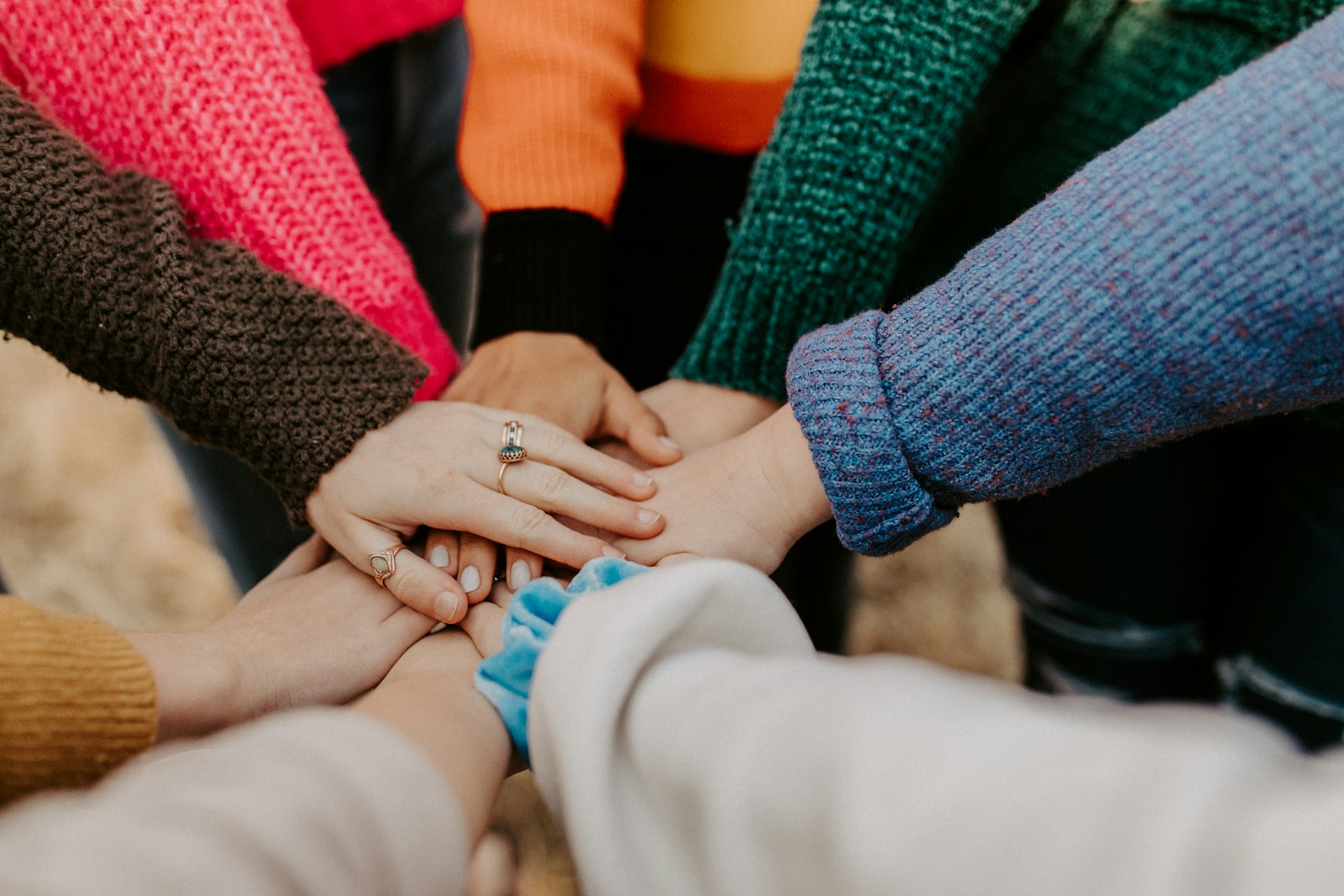Introduction
Mental health awareness is gaining momentum as communities around the world recognize the importance of addressing mental health issues. Stigma, however, remains a significant barrier to seeking help and accessing services. Community-led initiatives play a crucial role in breaking this stigma and fostering a supportive environment for mental health. In this blog post, we’ll discuss various community-led mental health awareness campaigns, share personal stories from those who have benefited, and provide resources and tips for starting mental health initiatives in your community.
The Importance of Mental Health Awareness
Mental health is a critical component of overall well-being. When mental health issues go unaddressed, they can lead to severe consequences, including diminished quality of life, strained relationships, and even suicide. Raising awareness and reducing stigma are essential steps toward creating a society where mental health is treated with the same importance as physical health.
Community-Led Mental Health Awareness Campaigns
- Time to Change, United Kingdom
- Initiatives: Time to Change is a social movement aimed at changing the way people think and act about mental health. Their campaigns include public awareness advertisements, community events, and workplace mental health programs.
- Outcomes: The initiative has reached millions of people, reducing stigma and encouraging open conversations about mental health. Surveys show a significant increase in public understanding and willingness to seek help.
- Personal Story: Sarah, a participant, shares, “Before Time to Change, I felt isolated and ashamed of my depression. The campaign helped me realize I wasn’t alone and gave me the courage to seek help.”
- Bell Let’s Talk, Canada
- Initiatives: Bell Let’s Talk is an annual campaign that uses social media and other platforms to promote mental health awareness and raise funds for mental health initiatives. The campaign encourages people to share messages of support and information about mental health.
- Outcomes: Since its inception, Bell Let’s Talk has raised over $100 million for mental health programs and significantly increased public awareness and acceptance of mental health issues.
- Personal Story: John, a campaign supporter, says, “Bell Let’s Talk Day is a reminder that mental health matters. Sharing my story on social media helped me connect with others who understood my struggles.”
- Mental Health First Aid (MHFA), United States
- Initiatives: MHFA provides training programs that teach people how to identify, understand, and respond to signs of mental health issues. The goal is to equip individuals with the skills to support friends, family, and colleagues.
- Outcomes: Thousands of individuals have been trained as mental health first aiders, creating a network of support across communities. Participants report increased confidence in addressing mental health issues and providing assistance.
- Personal Story: Lisa, a trained mental health first aider, shares, “The MHFA course gave me the tools to support my friends and family. Knowing how to respond to a crisis has made a huge difference in my community.”
Starting a Mental Health Initiative in Your Community
- Assess Community Needs
- Conduct surveys or hold focus groups to understand the mental health needs and concerns within your community.
- Identify specific populations that may require targeted support, such as youth, seniors, or marginalized groups.
- Partner with Local Organizations
- Collaborate with local mental health organizations, healthcare providers, schools, and businesses to pool resources and expertise.
- Establish a coalition to coordinate efforts and maximize impact.
- Create Awareness Campaigns
- Develop public awareness campaigns that use social media, local media, and community events to spread messages about mental health.
- Use personal stories and testimonials to humanize mental health issues and reduce stigma.
- Offer Training and Education
- Provide training programs, such as Mental Health First Aid, to equip community members with the skills to support others.
- Host workshops and seminars on topics like stress management, resilience building, and recognizing mental health signs.
- Promote Accessible Resources
- Ensure that information about local mental health services and resources is widely available and easily accessible.
- Create directories of mental health providers, support groups, and crisis intervention services.
- Foster a Supportive Environment
- Encourage open conversations about mental health in schools, workplaces, and community spaces.
- Promote a culture of acceptance and understanding by addressing misconceptions and stereotypes about mental health.
Resources for Mental Health Initiatives
- National Alliance on Mental Illness (NAMI): Provides resources, support groups, and advocacy for mental health.
- Mental Health First Aid: Offers training programs for recognizing and responding to mental health issues.
- Mind: A UK-based organization offering advice and support to empower individuals experiencing mental health problems.
- MentalHealth.gov: Provides information on mental health issues and resources available in the United States.
Conclusion
Breaking the stigma surrounding mental health requires a collective effort from communities. By implementing awareness campaigns, offering training, and fostering supportive environments, we can create a society where mental health is prioritized and everyone feels empowered to seek help. Learning from successful initiatives like Time to Change, Bell Let’s Talk, and Mental Health First Aid can provide valuable insights and inspiration for starting your own mental health initiatives. Together, we can build a more inclusive and understanding community for all.



